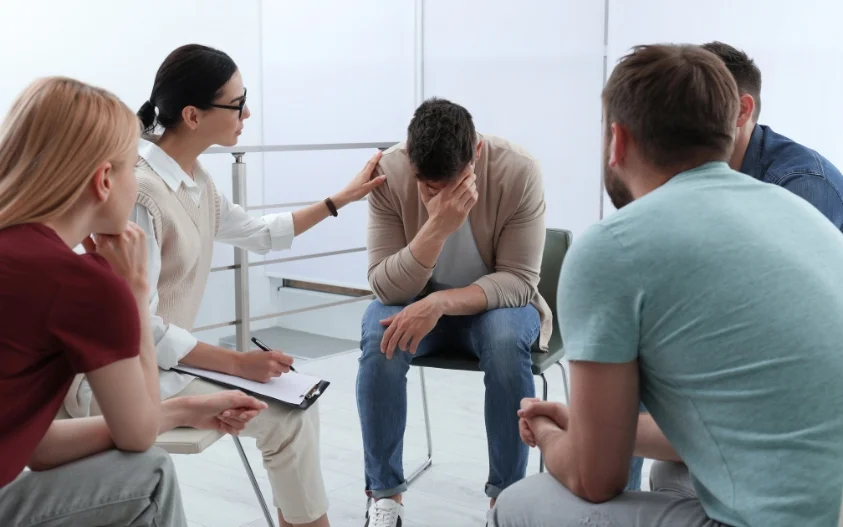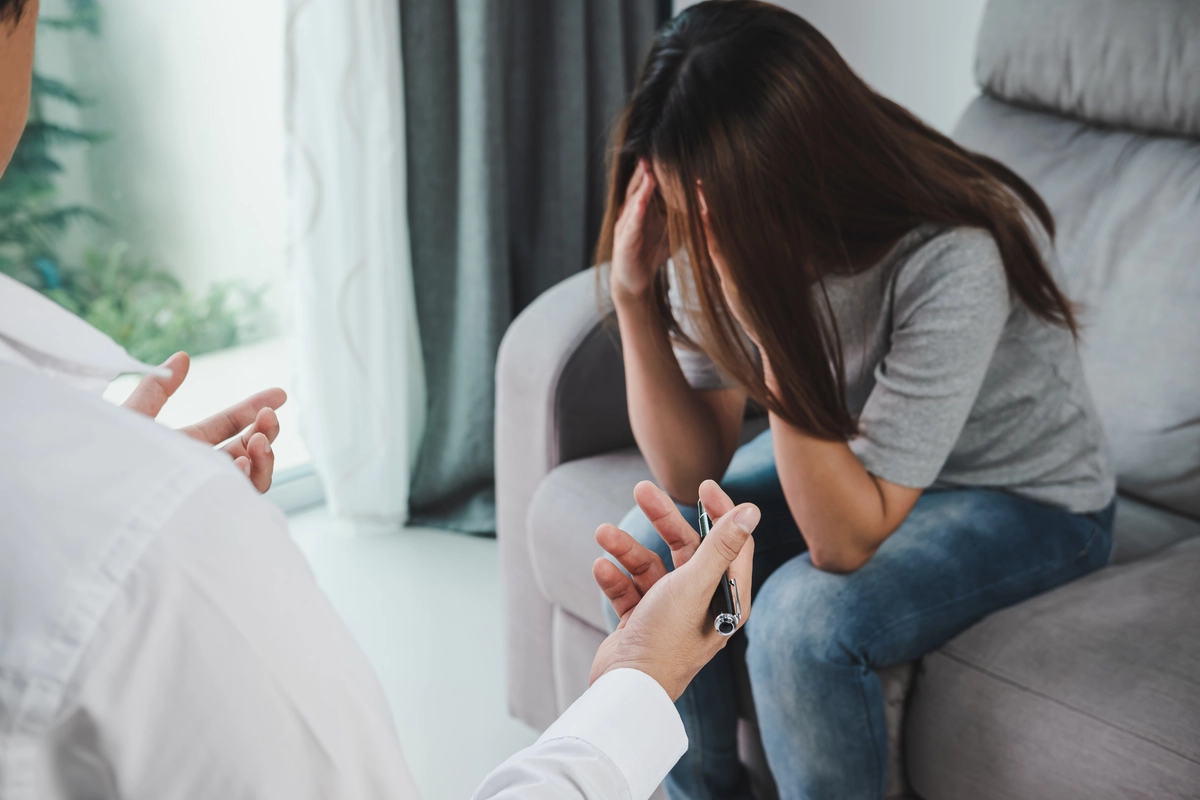24/7 Helpline:
(866) 899-221924/7 Helpline:
(866) 899-2219
Learn more about PTSD Treatment centers in Cherokee County
PTSD Treatment in Other Counties

Other Insurance Options

Horizon Healthcare Service

CareFirst

Self-pay options

MVP Healthcare

Access to Recovery (ATR) Voucher

Absolute Total Care

State Farm

AllWell

Coventry Health Care

Excellus

Ceridian

Medical Mutual of Ohio

Magellan

Anthem

GEHA

Sutter

Amerigroup

BlueCross

Evernorth

Optum

Northeastern Behavioral Health Services
Northeastern Behavioral Health Services is a public rehab located in Tahlequah, Oklahoma. Northeaste...

Creoks Mental Health Services
Creoks Mental Health Services is a private rehab located in Tahlequah, Oklahoma. Creoks Mental Healt...

Cherokee Nation – Behavioral Health Adult Clinic
The Behavioral Health Adult Clinic of Cherokee Nation is a co-occurring addiction treatment center i...















































Redefine U
Redefine U is a private rehab located in Tahlequah, Oklahoma. Redefine U specializes in the treatmen...

People
People Inc. is located in Tahlequah, Oklahoma. People Inc. provides quality community based, habilit...















































